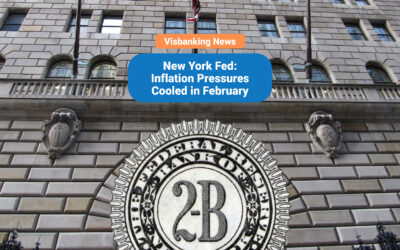The Federal Deposit Insurance Corporation (FDIC) has confirmed a notable decline in U.S. bank deposits in early 2023. According to a new quarterly report, the nation’s bank deposits dropped by roughly $472 billion in the first quarter. According to reports, that is the largest decline since regulators started tracking the data nearly four decades ago.
The FDIC collects deposit data from nearly 4,799 savings institutions and commercial banking service providers. The first quarter’s decline in deposits occurred during a particularly troublesome time for the industry. In fact, the report includes data collected during the period in which two of the nation’s lenders collapsed within just a few days in March.
Bank deposit numbers for second quarter to shed more light on industry stress
The early part of the year also saw the Federal Reserve continue its aggressive interest rate hikes. Regulators and bank industry experts have cited those rate hikes as contributing factors in recent bank closures. Bank executives had reportedly failed to account for the impact of the Fed’s rate increases.
While Signature Bank and Silicon Valley Bank collapsed in March, the banking crisis did not end there. More recently, First Republic was shut down in the beginning of May. That bank collapse was the second largest in the country’s history.
FDIC chair Martin Gruenberg responded to the news, writing:
“The recent banking stress amplified the outflow of deposits from the banking system, causing deposits to decline for the fourth consecutive quarter and at a faster rate than in prior quarters. However, the deposit outflows have moderated since the end of the quarter.”
He also suggested that the FDIC would have a better understanding of the “lasting effects of the industry’s response” to recent bank stress once the second quarter numbers come in later this year.
The FDIC noted that the 2.5% decline in bank deposits consisted primarily of uninsured deposits. Those customers withdrew $663 billion. Meanwhile, the data showed a $255 billion increase in insured deposits.




